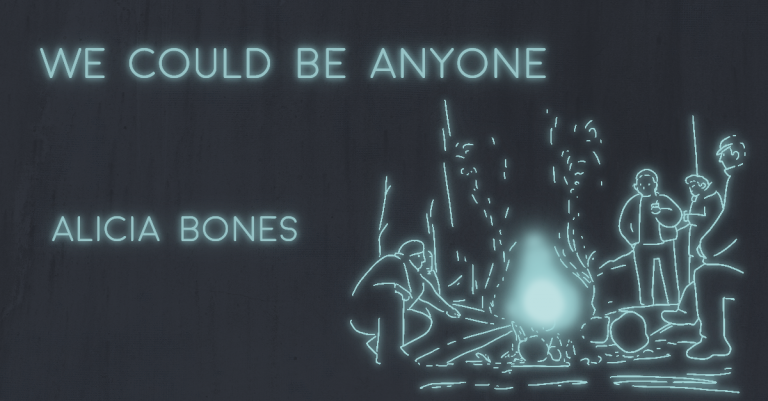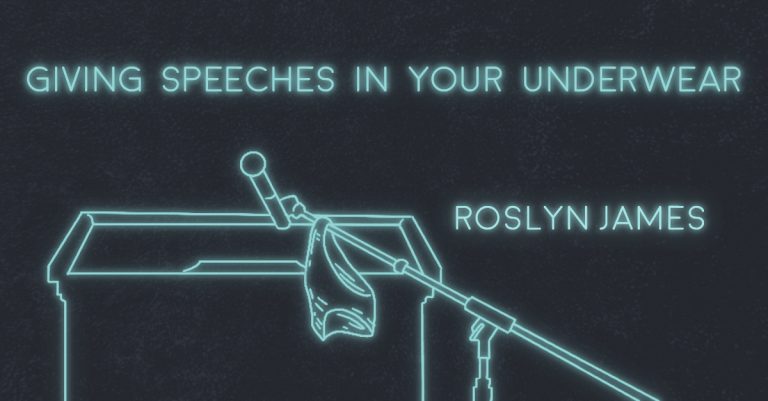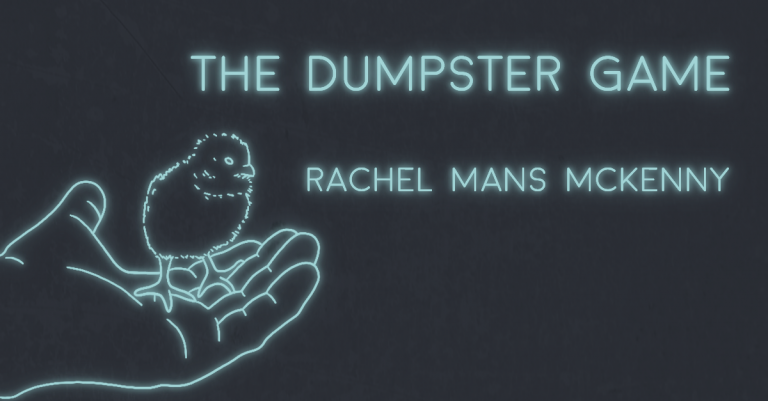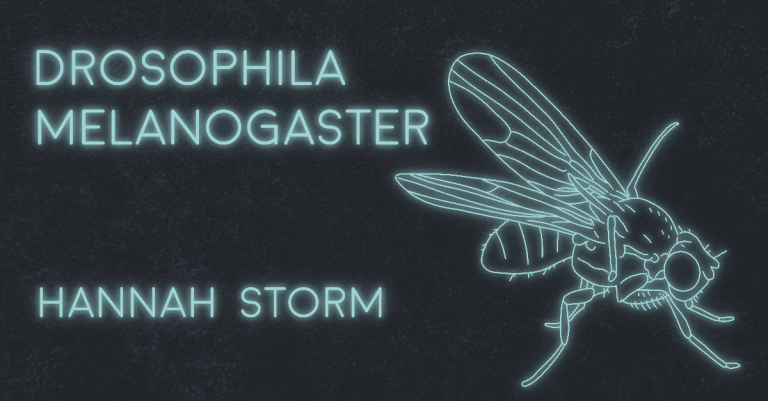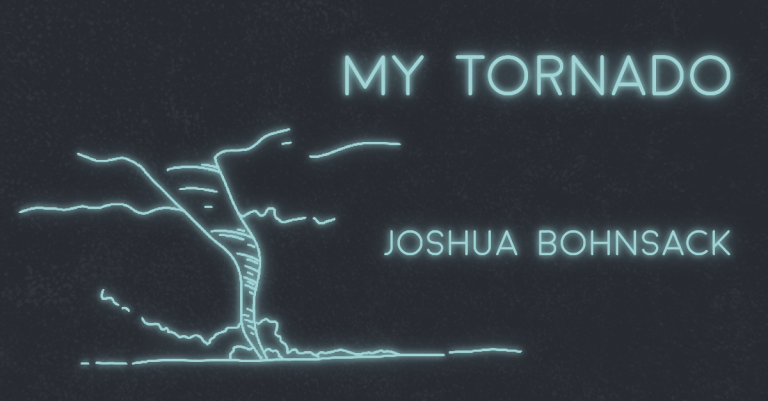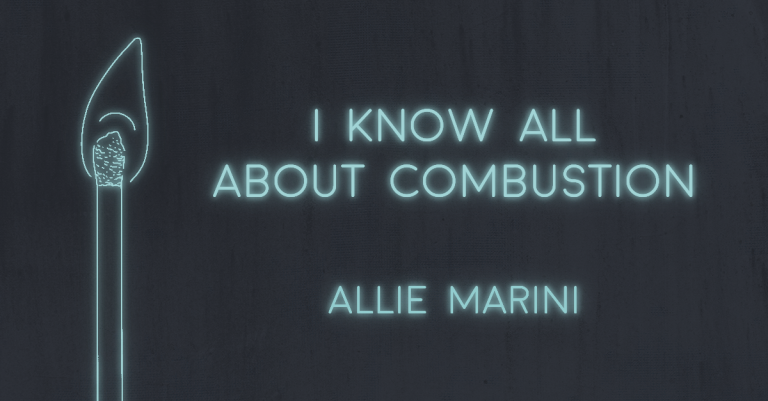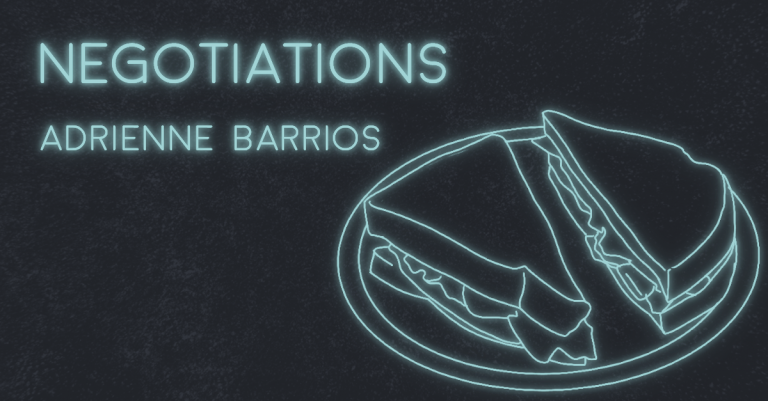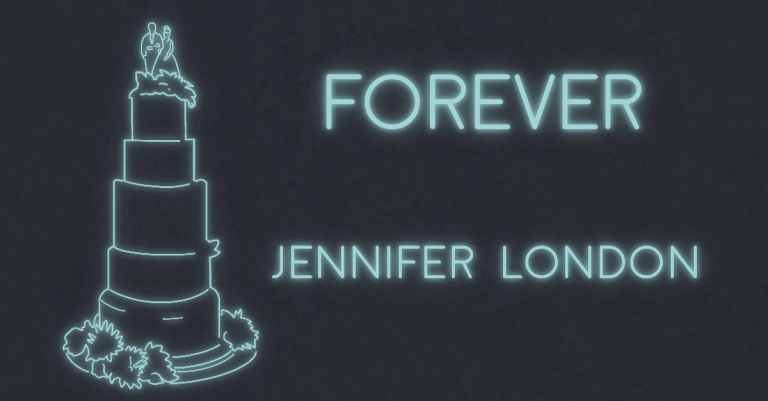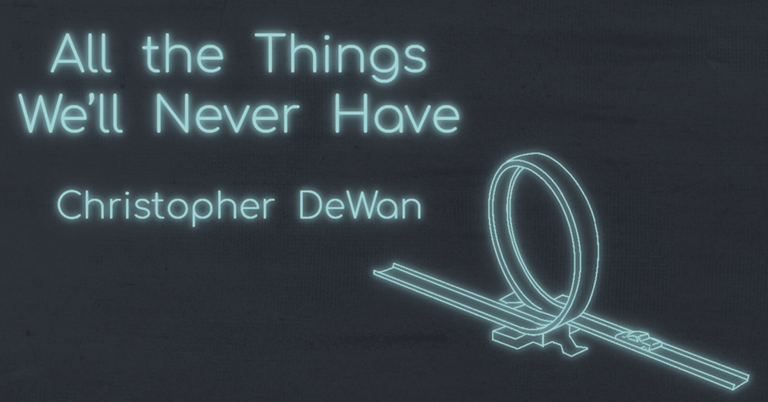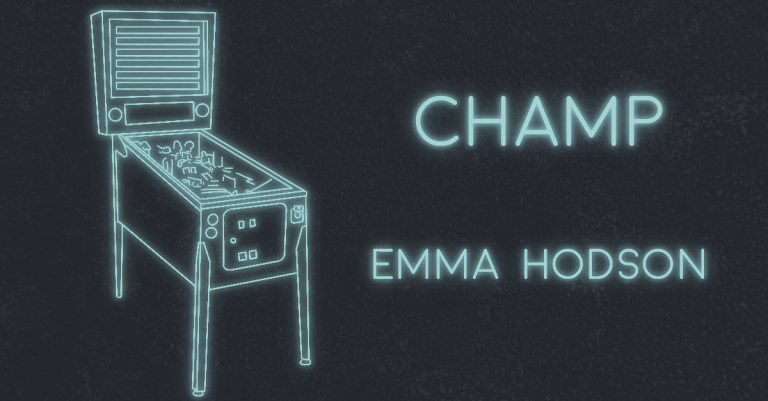
CHAMP by Emma Hodson
The man smells like smoke. He is moving into a new apartment on a street that used to be a bustling thoroughfare, but now is just another grey road. That is, the apartment is new to him, but not to this world. It’s close to his old spot, just a few blocks, but it’s noticeably more decayed. A beige building shoved in between a Thai place and pay-per-hour motel, a single tarnished mini van parked in the driveway most days. The apartment was built in 1973 when mom-and-pop shops dotted the street, bubbly hand-painted signs, and women doing their grocery

